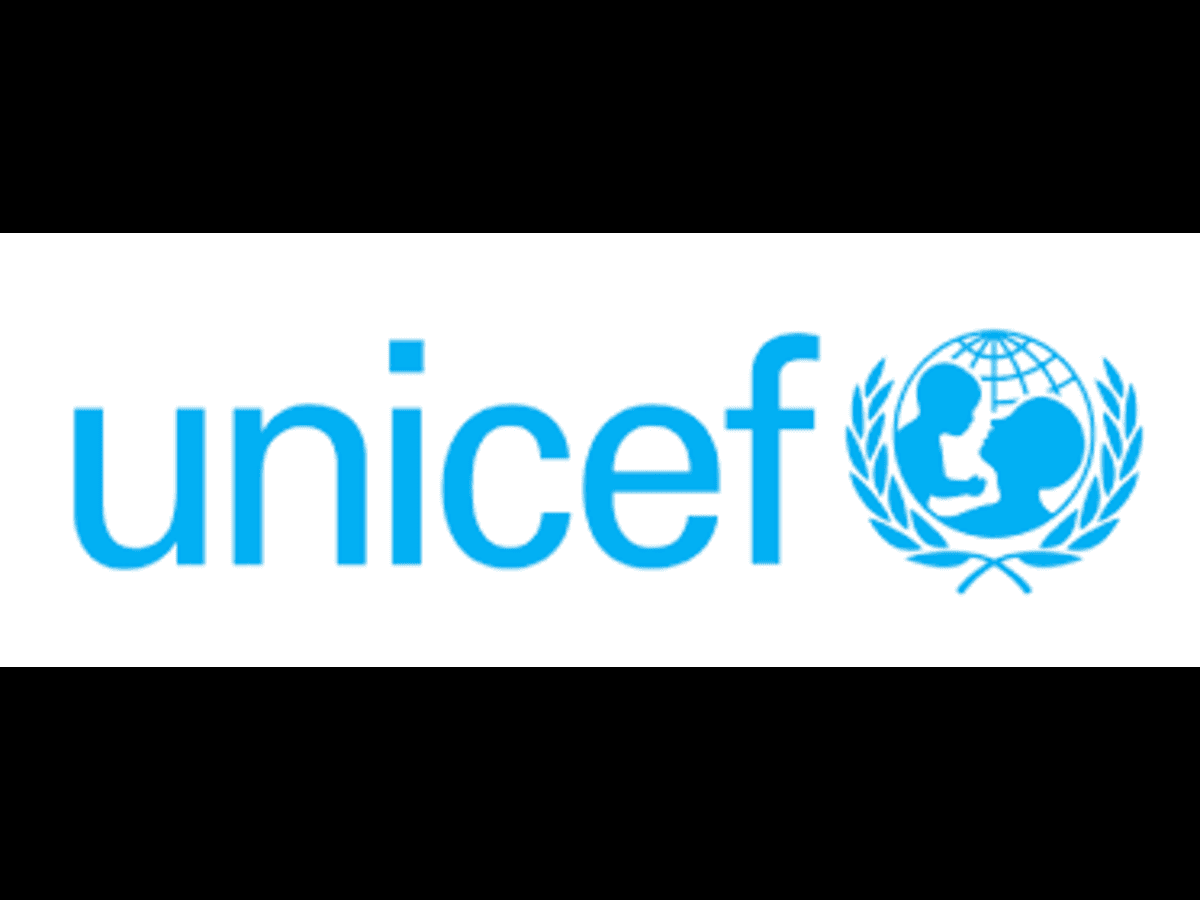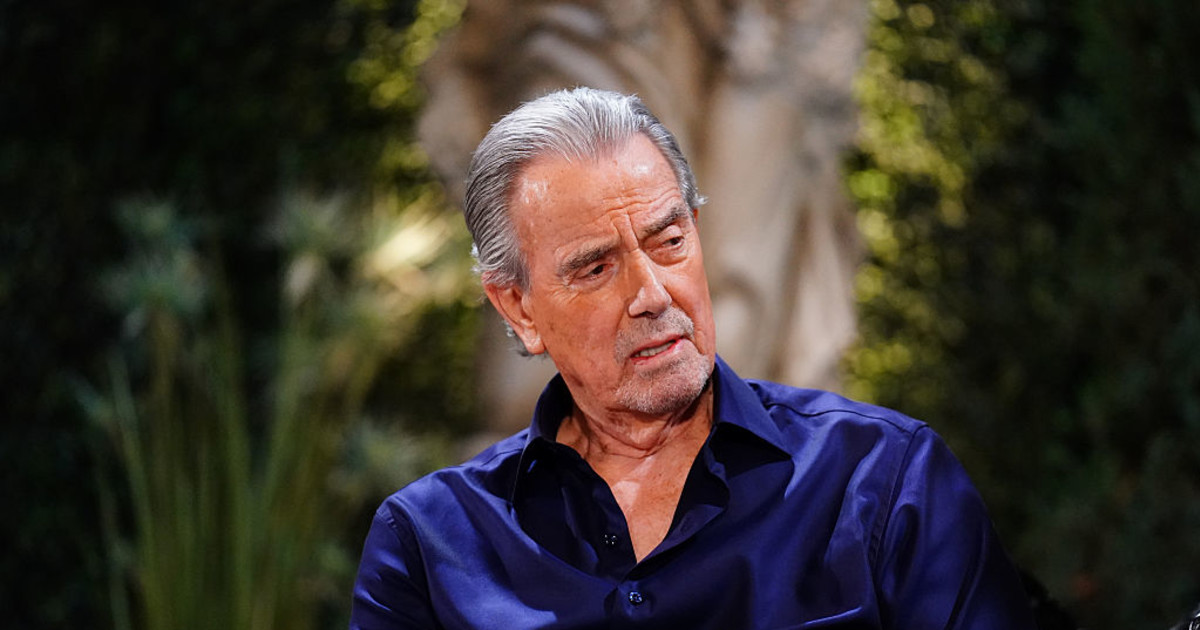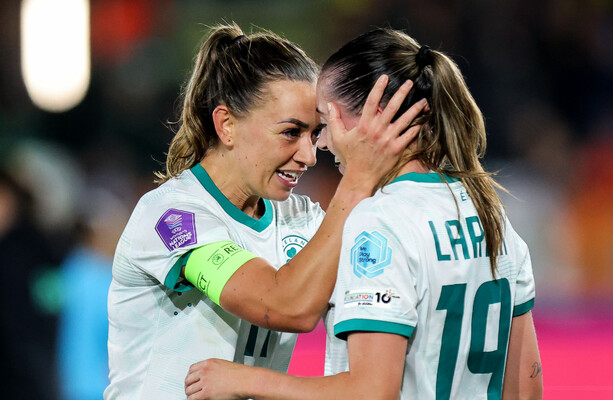Copyright tribuneonlineng

The Federal Government, in partnership with the United Nations Children’s Fund (UNICEF), has asked the media organisations and the practitioners in the country to join hands with it in protecting the rights of children. The FG, through the Federal Ministry of Information and Orientation, declared that journalists played a vital role in shaping public understanding, influencing attitudes, and protecting the most vulnerable members of our society, particularly children; hence, the collaboration with the media. Speaking during a two-day training of media practitioners on ethical journalism and children’s rights reporting in Ibadan, Oyo State, the Permanent Secretary, Federal Ministry of Information and National Orientation, Ogbodo Nnam, said that the media’s expertise was in the area of ethical reporting of child protection. Nnam, represented by the Assistant Director/Head of the Child Rights Information Bureau of the ministry, Temitoye Falayi, said the training was designed to help in reflecting on the ethical obligations as journalists, “explore best practices for reporting on children’s issues, and strengthen our understanding of child rights as enshrined in national laws and international conventions.” He said, “The media holds immense power—the power to inform, inspire, and hold institutions accountable.” But with that power comes a profound responsibility: to report with integrity, sensitivity, and respect for human dignity. “When it comes to stories involving children, that responsibility becomes even greater. Every image, every word, and every frame we publish can have lasting consequences on a child’s life, safety, and future. “Through open discussion, case studies, and shared experiences, we aim to build a media culture that protects children’s identities, amplifies their voices responsibly, and upholds the highest ethical standards.” UNICEF Chief of Lagos Field Office Celine Lafoucriere stated in her keynote speech that it is crucial to report on children ethically to prevent their rights from being violated in the name of attention-grabbing headlines. “At UNICEF, we believe that every child has the right to be seen, heard, and protected. Ethical reporting is not just a professional standard, but it is a moral imperative. It is about ensuring that children are portrayed with dignity, that their stories are told with care, and that their rights are never compromised in the pursuit of headlines or money-making. “Our expectation is clear: that you leave this training not only with new skills but with a renewed commitment to uphold the highest standards of journalism, especially when it comes to children. We hope you will become champions of ethical reporting in your newsrooms and communities, setting an example for others to follow.” Lafoucriere added, “By choosing to report ethically, you are helping to build a Nigeria where every child is valued, protected, and provided the opportunity to thrive.” Speaking, the Acting Chief of Communication, Advocacy and Partnership for UNICEF Nigeria, Ms Sussan Akila, stressed the importance of responsible storytelling and the need for journalists to remain trusted voices for children. “Children are often called the leaders of tomorrow, but can they represent themselves? No. That is why we must ensure that when we speak for them, we do it right. When we don’t report responsibly, we may cause more harm than beneficial effects. Ethical reporting protects their rights, ensures justice when violated, and keeps them safe in the process,” she said. Akila warned journalists to avoid revealing the identities of minors in sensitive cases and to resist editorial pressures that could lead to unethical practices, adding, “We must report stories that are reliable, balanced, and uphold the dignity of children,” she said. Also speaking, a UNICEF Child Rights Specialist, Mr Jide Johnson, noted that children remain the most vulnerable to poverty and abuse, adding that ethical reporting plays a key role in addressing issues such as early marriage, trafficking, sexual abuse, and female genital mutilation. Similarly, Geoffrey Njoku, a UNICEF Communication Consultant, traced the evolution of children’s rights from international declarations to Nigeria’s domestication of the UN Convention on the Rights of the Child (CRC) as the Child Rights Act (CRA) in 2003. “Do not harm any child; avoid questions, attitudes, or comments that are judgmental or insensitive to cultural values, that place a child in danger, or that expose them to humiliation or renewed trauma,” he advised. “Do not discriminate in choosing children to interview because of sex, race, age, religion, or physical ability,” he said. On her part, UNICEF Communication Officer Blessing Ejiofor stated that journalists, as champions of human rights, have a responsibility to utilise their platforms to promote positive change for children and families across Nigeria. “As champions of human rights, we all have a duty to prioritise and promote change that will improve the lives of children and their families through our channels and networks,” she said. ALSO READ TOP STORIES FROM NIGERIAN TRIBUNE



